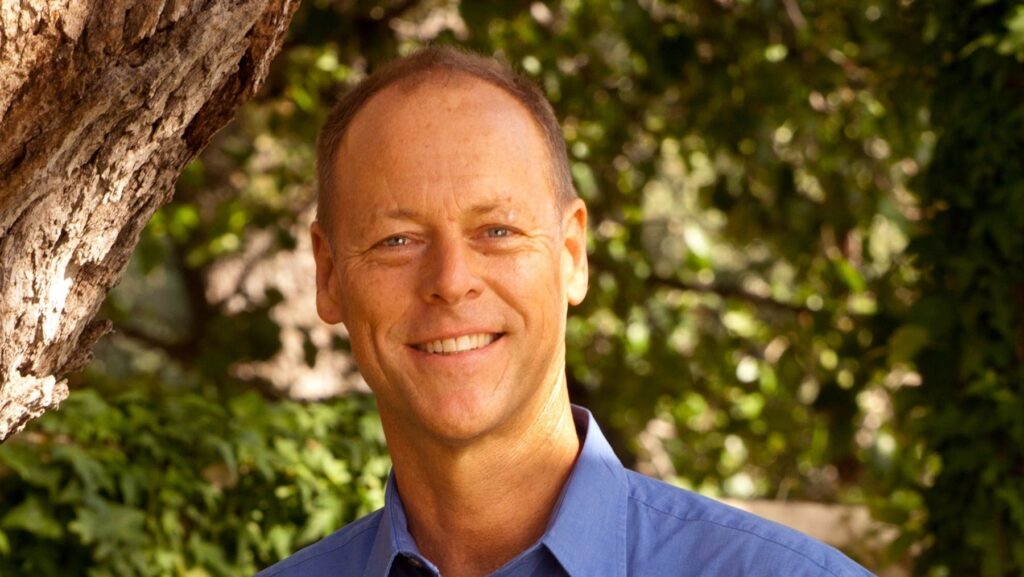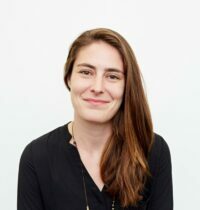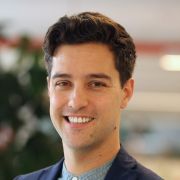Originally aired on 5/2/2019
click here for the webinar notes

What is for dinner in the new carbon economy? The food industry is among the three largest emitters of greenhouse gases. Clearly, the food system must transform operations to reduce its carbon footprint and help avoid the worst impacts of climate change. Sustainable growth requires a transformation in food systems through the adoption of ag innovations, commercialization of plant-based meat substitutes, and dietary changes as well as policies and dietary guidelines that promote sustainable and resilient agricultural supply chains and consumer choices. How the public thinks about and accepts new food products is key to creating market demand for healthier and low carbon food. Watch LightWorks and the Swette Center for Sustainable Food Systems at Arizona State University and SSF in a 90-minute exploration about how sustainable food companies are leading this transition and can scale sufficiently to lower climate impacts and what research and nonprofit centers are doing to aid the global transition to sustainable, healthy and culturally appropriate food choices. Watch SSF and LightWorks at Arizona State University in a 90-minute exploration of this critical topic.
PANELISTS

Kathleen Merrigan
Merrigan, (Moderator) currently serves as the Kelly and Brian Swette Professor in the School of Sustainability and as the inaugural Executive Director of the Swette Center for Sustainable Food Systems at Arizona State University. Previously, Merrigan served as Deputy Secretary and COO of the United States Department of Agriculture. She is currently a board member of FoodCorps, Stone Barns Center for Food and Agriculture, Center for Climate and Energy Solutions (C2ES) and the World Agroforestry Centre, and affiliated with two ag tech venture capital groups.

Walter Robb , An investor, mentor and advisor to the next generation of American food companies, former co-CEO of Whole Foods Market, Walter Robb has a long and varied entrepreneurial history, ranging from natural food retailer to farmer to consultant. Robb joined Whole Foods Market in 1991 and in 2010 was named co-CEO, at which time he joined the Whole Foods Market Board of Directors. In 2017, Robb transitioned his leadership focus to mentoring and supporting the next generation of entrepreneurs through the creation of Stonewall Robb Advisors. Robb brings his considerable experience and network into each new project, and organizations of all sizes can benefit from his passionate approach to leadership and purpose driven business.

Rebekah Moses leads impact strategy at Impossible Foods, a company addressing climate change and sustainable food futures through plant-based meat. Her work focuses on how product innovation and consumer behavior can maximize environmental outcomes and business growth. She works with Impossible Foods teams to integrate environmental and social mission into core strategy.

Daniel Vennard is Director of the Better Buying Lab within the World Resources Institute. He works with food companies and experts in behavior change and marketing to develop, test and scale new approaches that can help shift diets to more sustainable options. He has written and presented widely on how consumers can be shifted towards buying more sustainable products. He is on the Advisory Council of the Culinary Institute of Americas reThink Food program. In 2017 he was recognized as one of Procter & Gamble Alumni’s ‘40 Under 40’.
